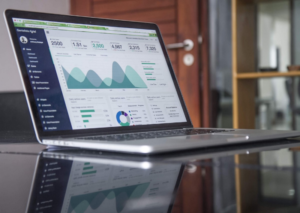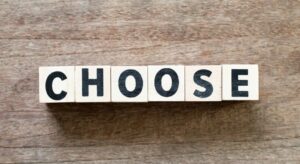
Health literacy is defined as the degree by which individuals are able to get, learn about, and act on health decisions for themselves.
The communication that occurs between laypersons and health care providers is about professional knowledge of health topics that help a patient make critical decisions. The situation has a specific type of context that demands a coherent understanding of information that constitutes health literacy.
Navigating the healthcare system often demands that a patient fill out complex forms while being up to locating healthcare providers and services that the patient can share personal information with such as health history and be able to engage in properly taking care of themselves, with good knowledge of chronic illness management.
Health literacy involves being able to read about issues pertaining to health care, listen to what your doctor says, having an ability to analyze that information which then leads to an ability to make concrete decisions about what to do next about any particular health problem.
Health literacy requires understanding how to apply instructions on prescription drug bottles. The patient has to be able to read their appointment slip for their next appointment. They need to have a concrete understanding of the medical education brochures their doctor gives them.
A patient has to be able to navigate complex health care systems so as to arrange to get the best care possible for them. A patient has to have the capacity to find information and services. These services are something they have to find and then be able to arrange for proper care for themselves.
They have to be able to communicate their needs and preferences. A patient has to be able to communicate to their provider, the understanding of their preferences while responding to information and services.
Patients who want an active role in obtaining access to health care services need to know to analyze the risks or benefits of specific treatment decisions they have to make. They have to be literate enough to be able to decide on dosages with their doctors.
A patient needs to be able to read charts and graphs. There are many different types of visual information out there that has to be taken into account.
Computer literacy and health literacy go hand-in-hand because computer literacy refers to the ability to navigate a computer. The use of the library is also an important skill to have so as to obtain necessary information.
People with health literacy not only understand what cholesterol is, but they can also understand good blood sugars vs. bad blood sugar. Measuring medication is a very important task in the life of a healthcare literate person.
Those with limited health care literacy do not understand what medications do or why they need to take them. Progress is made so much in the healthcare field that things someone learned in high school biology do not make sense in the future. Low health care literacy happens to people who lack education.
Being able to read impacts the level of income a person can make, impactful health knowledge, health status, and access to health care services. A lack of health literacy is a “systems issue,” that is reflective of complex presenting of healthcare information that stops a person with low health care literacy from getting a flu shot which could spare them a heavy impact of illness in the winter season.
They also pay dearly in understanding what kinds of treatments they need to utilize, in particular, the impact that health care information has on a person’s critical thinking and decision-making skills that can have on their choices.



